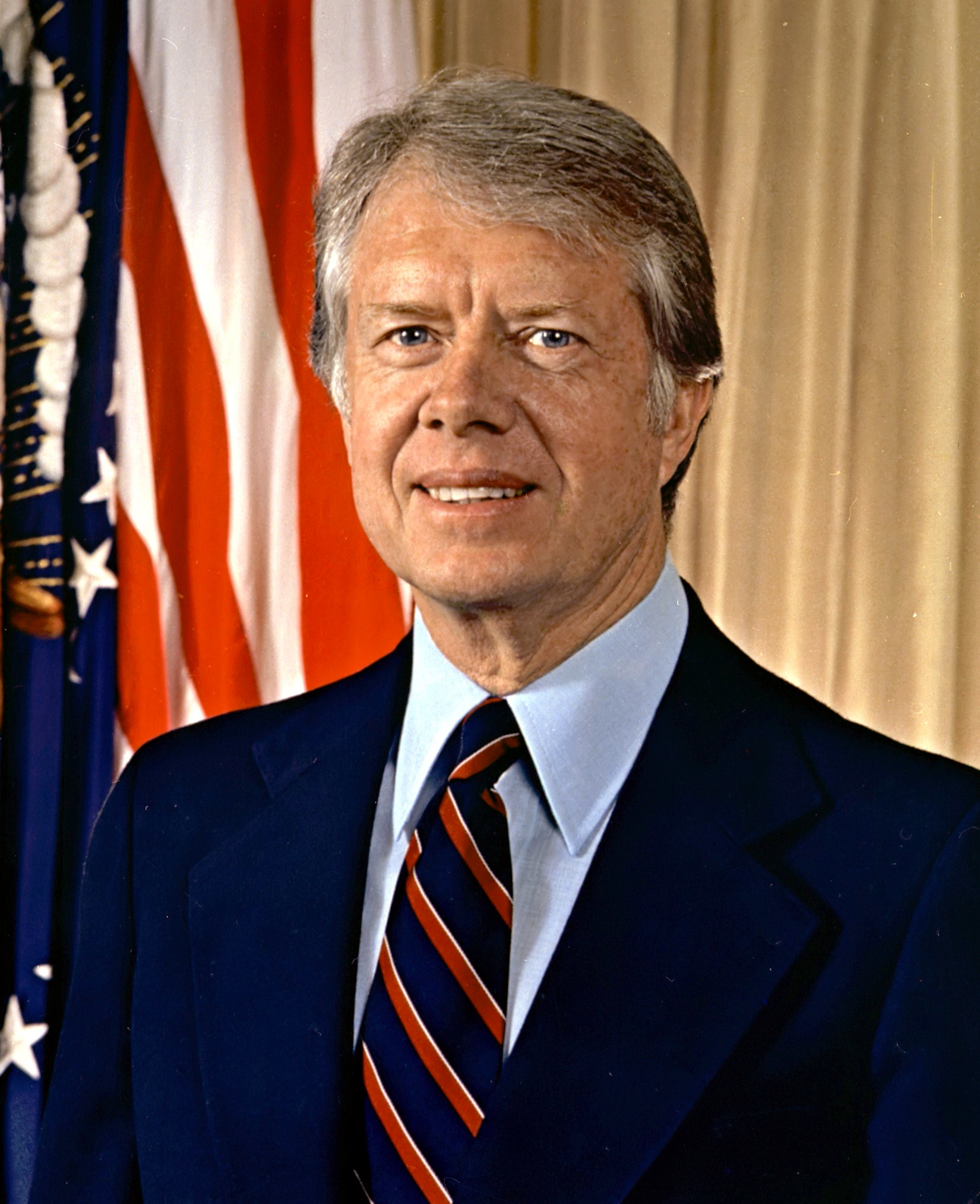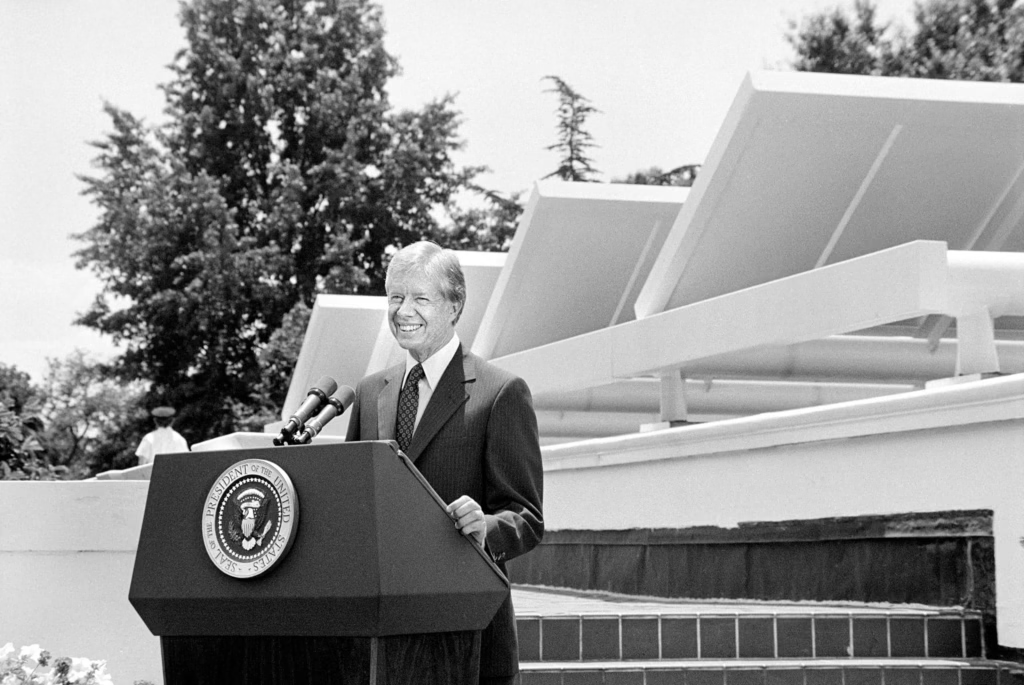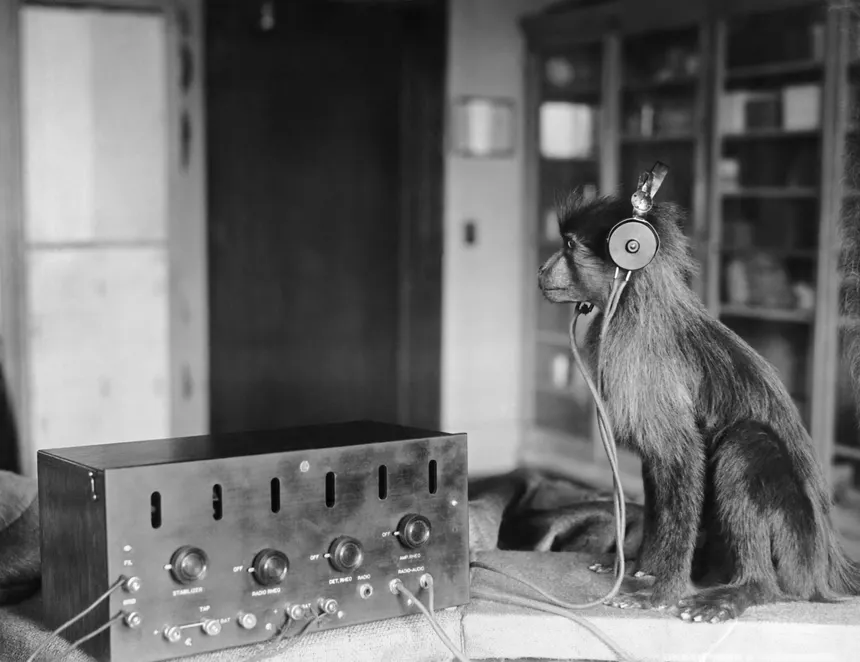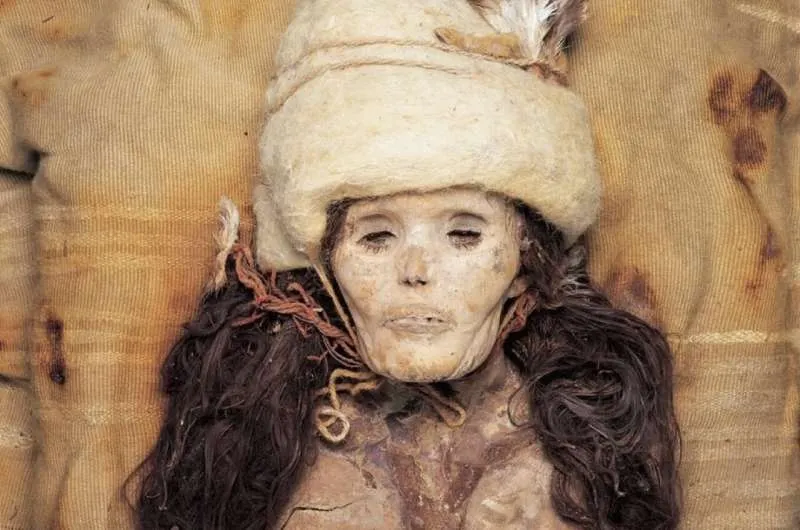Jimmy Carter: Peacemaker, President, and Humanitarian — A Life of Purpose and Impact

James Earl “Jimmy” Carter Jr., the 39th President of the United States (1977–1981), is often remembered not just for his presidency, but for the extraordinary humanitarian work he carried out afterward. From peanut farmer to global peacebuilder, Carter’s life has been defined by service, faith, and a commitment to human rights. His influence stretches far beyond his years in office, making him one of the most respected elder statesmen in modern American history.
Early Life and Education
Jimmy Carter was born on October 1, 1924, in Plains, Georgia, into a modest farming family. He was the first U.S. president born in a hospital. Raised in a deeply segregated South, Carter’s early experiences with poverty, race, and religion would profoundly shape his worldview.
He graduated from the United States Naval Academy in 1946 and served in the Navy’s nuclear submarine program. After the death of his father in 1953, Carter returned to Georgia to manage the family peanut business, eventually becoming a successful agribusinessman.
Political Rise
Carter entered politics in the early 1960s, serving in the Georgia State Senate. In 1970, he was elected Governor of Georgia, gaining national attention for promoting civil rights and modernizing the state’s government.
He positioned himself as a Washington outsider—honest, devout, and principled—qualities that appealed to a nation disillusioned by the Watergate scandal and the Vietnam War. In 1976, he won the presidency, defeating incumbent Gerald Ford.
Presidency (1977–1981)
Carter’s presidency was marked by both notable achievements and serious challenges. His leadership style—rooted in morality and transparency—was both admired and criticized.
Key Achievements:
- Camp David Accords (1978): Carter brokered a historic peace agreement between Egypt and Israel, ending decades of conflict and earning him international acclaim.
- Panama Canal Treaties (1977): Transferred control of the Panama Canal to Panama, symbolizing a shift away from American colonial influence.
- Human Rights Advocacy: Carter placed human rights at the center of U.S. foreign policy, pressuring regimes in Latin America and beyond.
- Department of Energy & Education: He created these Cabinet-level departments to address growing concerns about energy policy and education reform.
- Environmental Initiatives: Promoted energy conservation and invested in renewable energy, installing solar panels on the White House.
Major Challenges:
- Iran Hostage Crisis (1979–1981): 52 Americans were held hostage for 444 days in Tehran, overshadowing his presidency and damaging public confidence.
- Stagflation: Persistent inflation and unemployment plagued the U.S. economy, leading to widespread discontent.
- Soviet Invasion of Afghanistan: Marked a turning point in the Cold War; Carter responded with a grain embargo and U.S. boycott of the 1980 Moscow Olympics.
Carter lost his bid for re-election to Ronald Reagan in 1980 in a landslide defeat.
Post-Presidency: A Second Act
Though often considered a politically weak president, Jimmy Carter’s post-presidency has been unparalleled in American history. He transformed his reputation through tireless humanitarian work.
The Carter Center (Founded 1982):
Carter and his wife, Rosalynn Carter, established this nonprofit to advance peace, fight disease, and promote democracy. The Center has:
- Monitored over 110 elections in troubled regions.
- Helped nearly eliminate Guinea worm disease, reducing global cases from millions to just a handful annually.
- Worked to resolve conflicts in places like Haiti, North Korea, and Sudan.
Habitat for Humanity:
Carter lent his hands—and hammer—to build homes for the poor, becoming an icon of volunteer service even into his 90s.
Author and Nobel Laureate:
Carter has written over 30 books on topics ranging from politics to faith. In 2002, he was awarded the Nobel Peace Prize for “decades of untiring effort to find peaceful solutions to international conflicts.”

Personal Life and Legacy
Jimmy Carter’s personal life is deeply rooted in Christian faith, humility, and devotion to public good. His nearly 80-year marriage to Rosalynn was celebrated as a model of love and partnership until her passing in 2023.
He has survived cancer, brain surgery, and numerous health scares with grace and continued activism. In 2023, he entered hospice care, drawing global tributes for his lifetime of service.
Conclusion
Jimmy Carter’s life stands as a testament to integrity, compassion, and service. Though his presidency had ups and downs, his legacy as a peacemaker, humanitarian, and advocate for justice far surpasses political boundaries. He redefined what it means to be a former president—not as a retiree, but as a relentless force for good.





